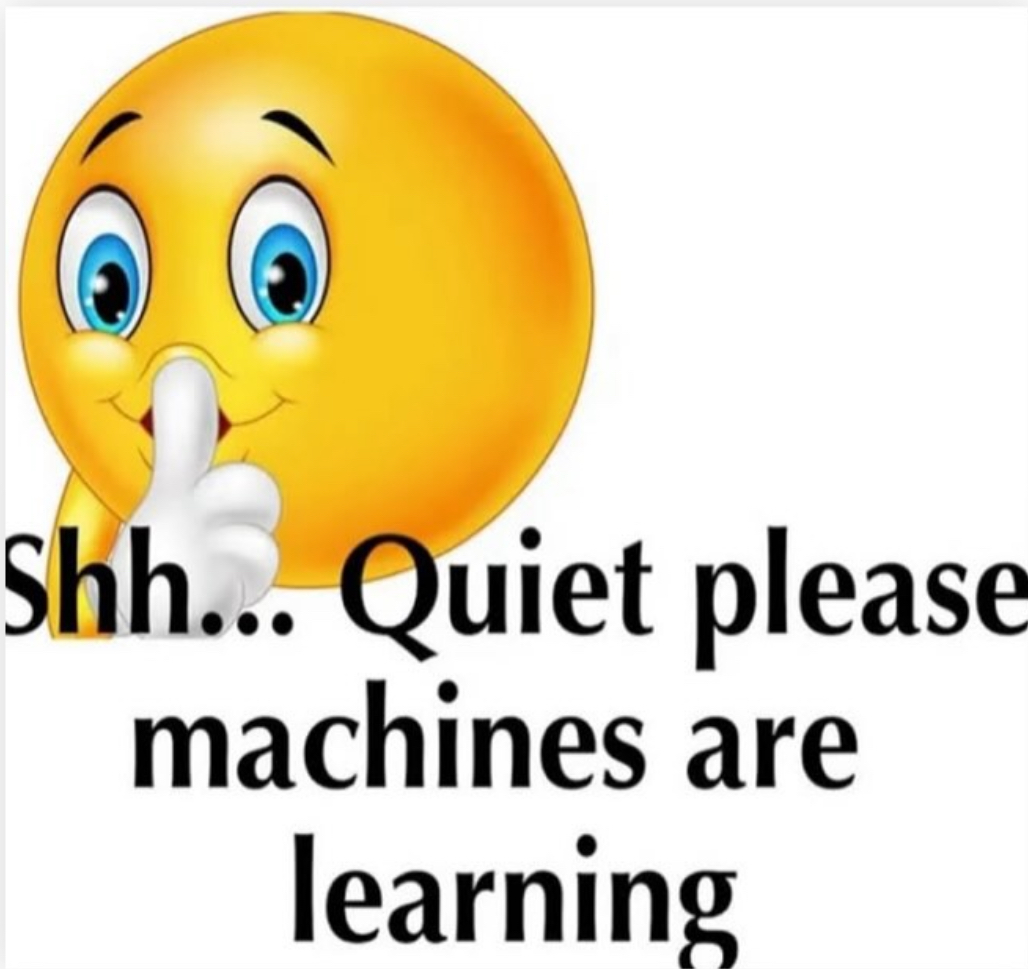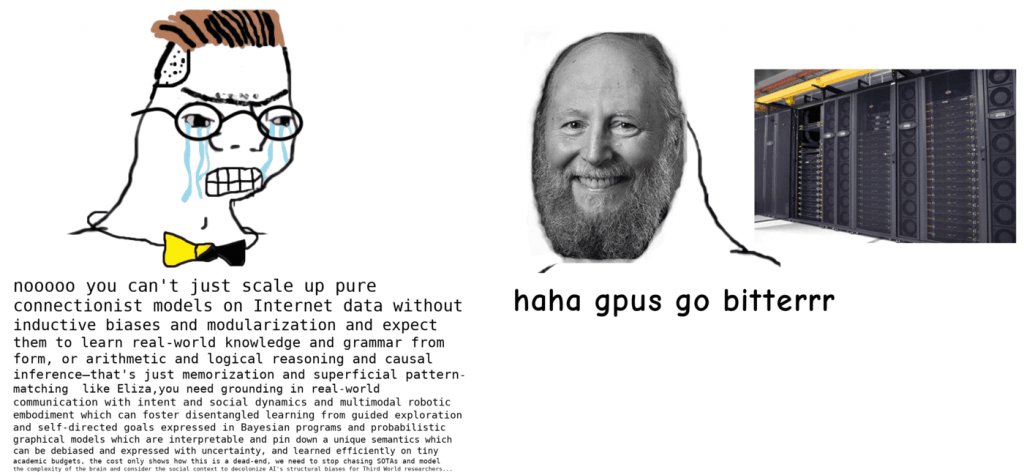🗺️ About
Hi, I'm Collins. I work as a Senior Data Scientist. My background is in philosophy, specifically in the philosophy of language, where my studies focused on various phenomena in natural language and the ways in which these phenomena can be formalized. This interest eventually led me to explore probabilistic approaches to language, and in turn the field of data science and machine learning as a whole.
Anyway, follow me on my journey through data, philosophy, and ML in the pursuit of bending AI to the will of human-kind (hopefully). Also, checkout my articles below and let's connect on LinkedIn!
🛠️ Articles / Work
📚 Research Articles
Shallow Fusion: Bridging Data Scarcity and AI Integration Challenges
An exploration of shallow fusion as a method to address data scarcity and integration in specialized domains.
✍️ Essays & Blog Posts
Extra-Ordinary Language
A blog post about creativity, prose, analogical reasoning, and things I wish language models did better.
🔧 Tools & Utilities
Spatial Clustering for Document Layout
HDBSCAN-based clustering for OCR bounding boxes using gap-distance metrics. Useful for document segmentation and layout analysis tasks.
📊 Experiments and Research Notes
Sycophancy and Steering (in progress)
Work in progress notes & experiments on sycophantic behavior in instruction-tuned LLMs, with a focus on stance reversal behavior and activation steering.
Closed-Form Logit Steering
Minimal derivation: the smallest change to x so a sigmoid model outputs a chosen probability p.
🔬 Research Interests
- Robustness & Alignment
- Controllable Generation & Activation Steering
- Mechanistic Interpretability
- Creative AI
- Computational Linguistics & Formal Semantics
🖼️ Mood Board
🎭 Extra‑Ordinary Language
So they lov'd, as love in twain
Had the essence but in one;
Two distincts, division none:
Number there in love was slain.Hearts remote, yet not asunder;
Distance and no space was seen
Twixt this Turtle and his queen— Shakespeare, The Phoenix and the Turtle
A cage went in search of a bird.
— Kafka, Aphorisms
I can't go on. I'll go on.
— Beckett, The Unnamable
Merry and tragical! Tedious and brief!
That is, hot ice and wondrous strange snow.
How shall we find the concord of this discord?— Shakespeare, A Midsummer Night's Dream
Machines at Work

Quiet Please – Machines Are Learning
🤕 On Bad Conscience
At this point I can no longer avoid giving a first, preliminary expression to my own theory on the origin of bad conscience: it is not easy to get a hearing for this hypothesis, and it needs to be pondered, watched, and slept on.
I look on bad conscience as a serious illness to which man was forced to succumb by the pressure of the most fundamental of all changes which he experienced— that change whereby he finally found himself imprisoned within the confines of society and peace.
It must have been no different for these semi-animals, happily adapted to the wilderness, war, the wandering life and adventure, than it was for the sea animals when they were forced to either become land animals or perish—at one go, all instincts were devalued and suspended.
Now they had to walk on their feet and "carry themselves," whereas they had been carried by the water up till then: a terrible heaviness bore down on them. They felt clumsy at performing the simplest task; they no longer had their familiar guide in this new, unknown world—those regulating impulses that had unconsciously led them to safety.
The poor creatures were reduced to relying on thinking, inference, calculation, and the connecting of cause with effect—in other words, to relying on their consciousness, that most impoverished and error-prone organ! I do not think there has ever been such a feeling of misery on earth, such a leaden discomfort—and meanwhile, the old instincts had not suddenly ceased to make their demands!
— Friedrich Nietzsche, On the Genealogy of Morals, Second Essay, §16
✔️✔️✔️

Not a phone in sight.
It is complicated

I think I might be the one on the left.
⭐️ Website Reviews
Best notepad I've ever used, no fluff.
— NoelLove the whiteboard 10/10 would recommend.
— NoelSend me feedback ✉️
✉️ Contact
Email: cwestnedge@gmail.com